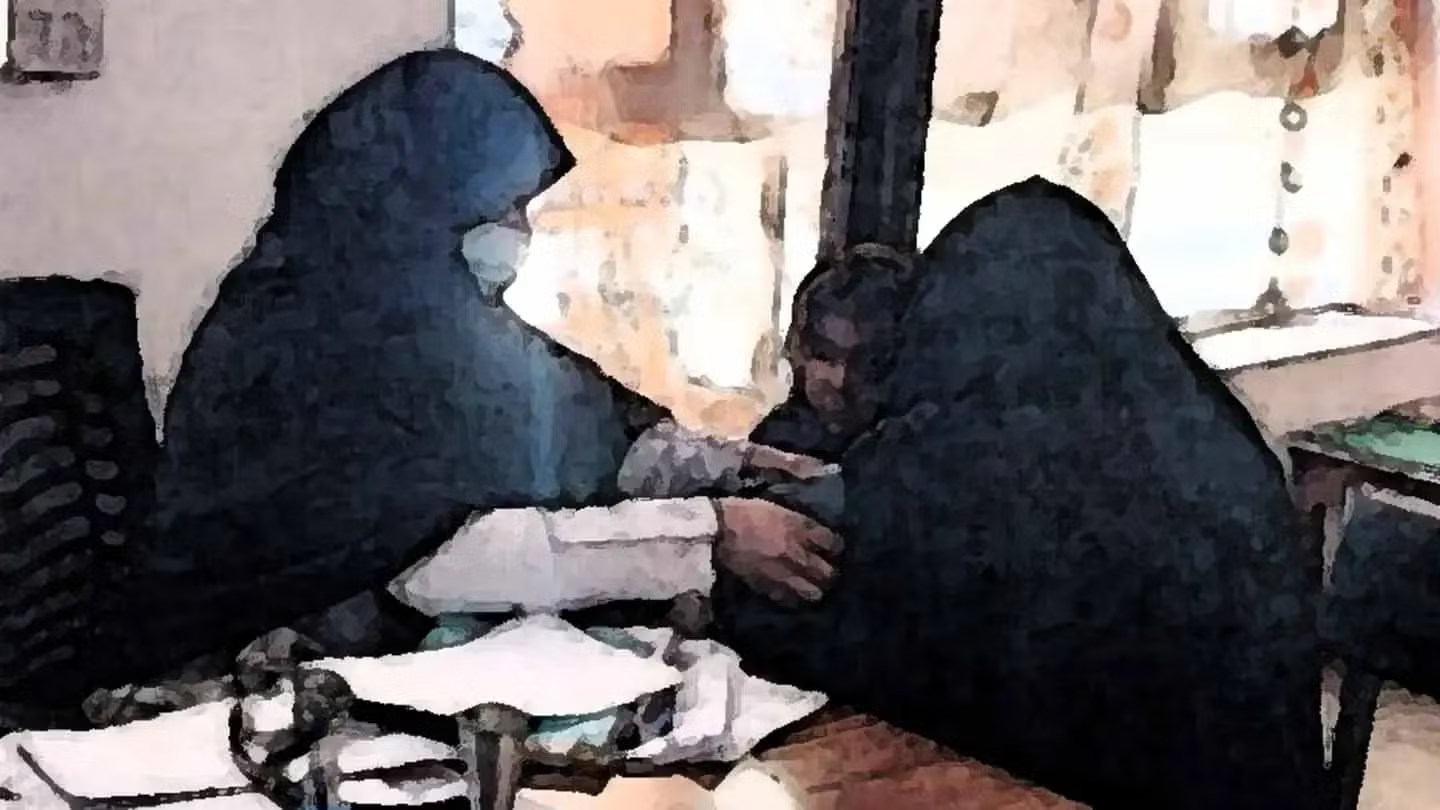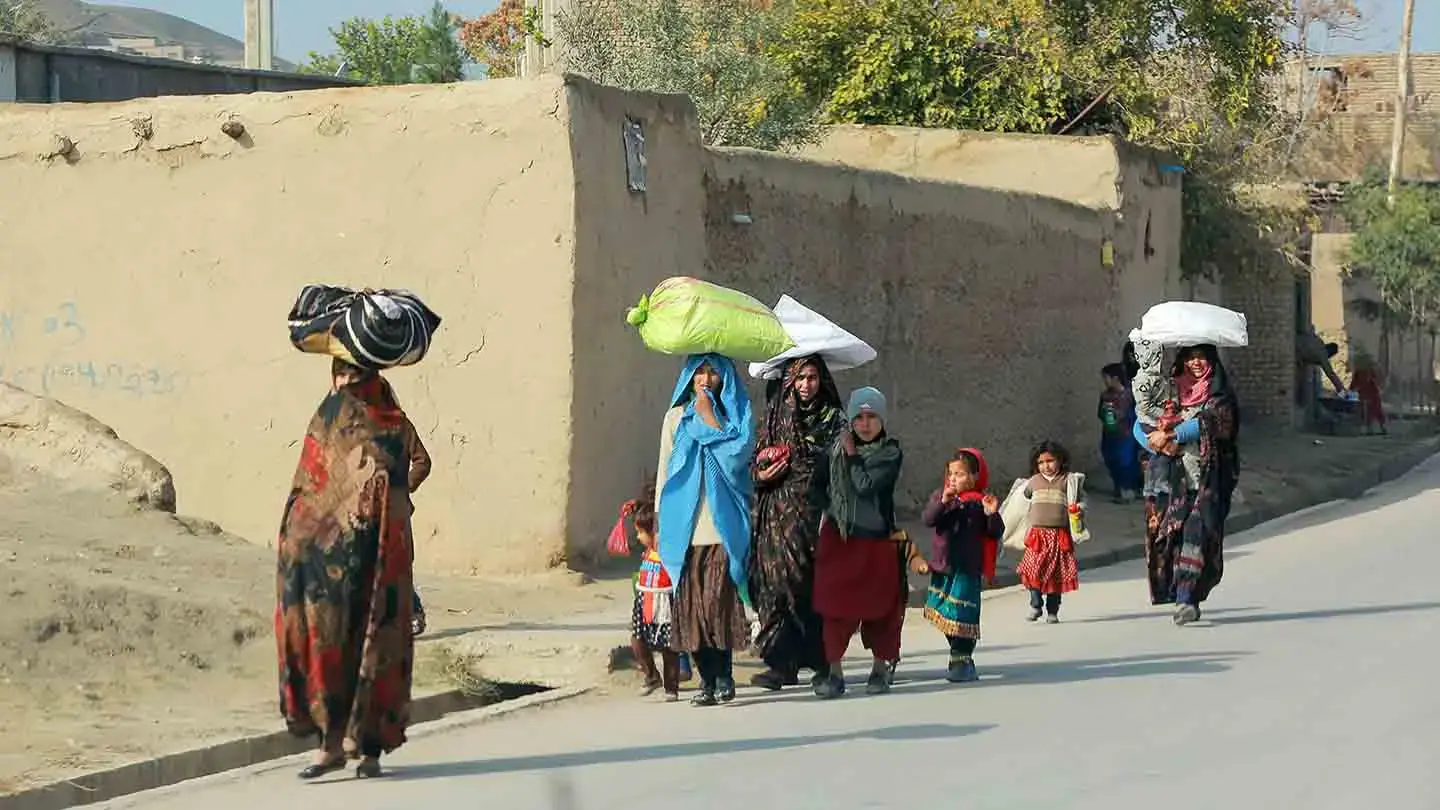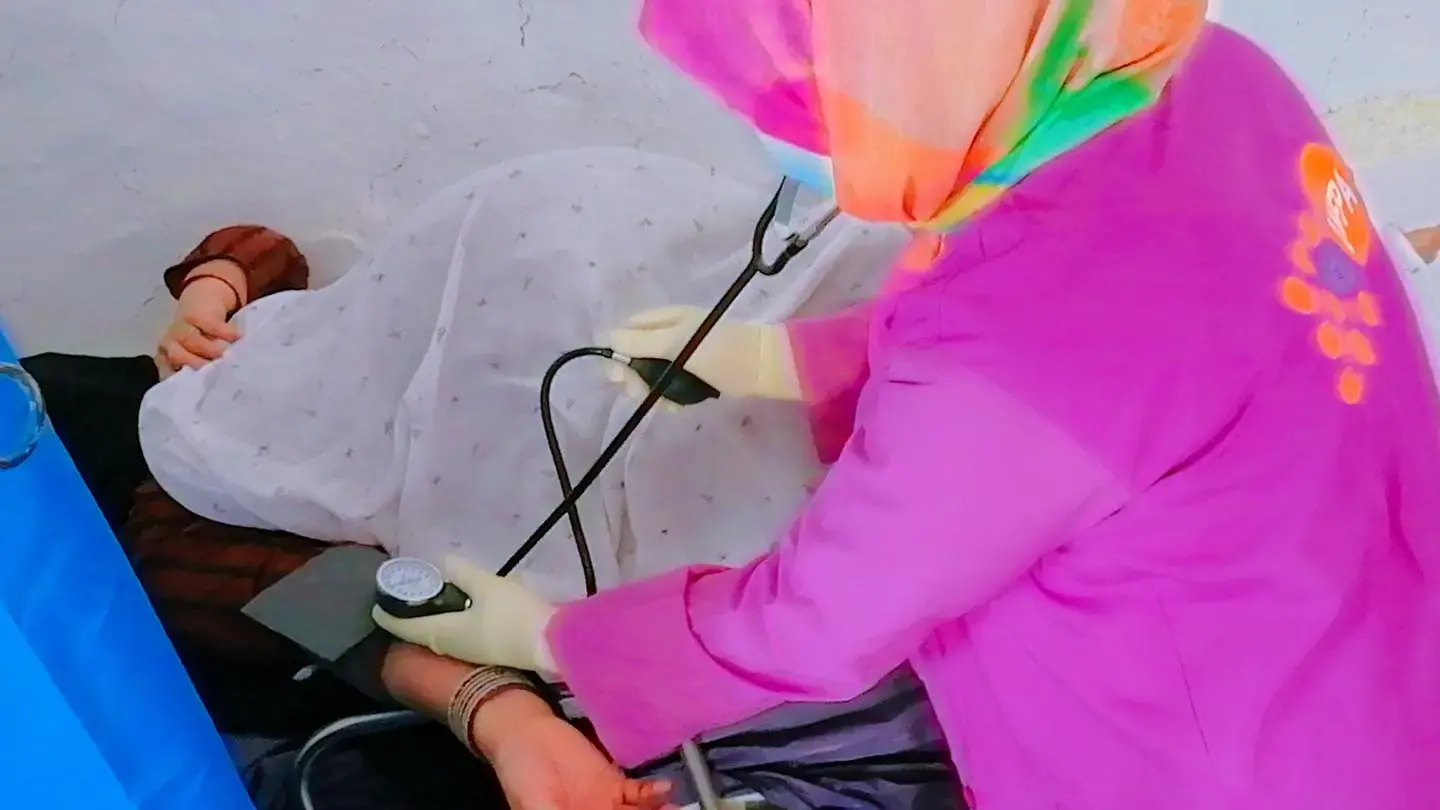Farah, Afghanistan - “The most agonizing moments were the nights when the children asked for food and I had nothing to feed them. That was the time I considered selling one of my beloved daughters – so that the others will survive.”
Poverty and the pressure of taking care of a family who depended on her for survival drove Farzana into depression that she did not only think of selling her youngest child, a one-year-old girl, but also ending her own life.
Farzana, 35, is the sole provider in the family. She takes care of three young children and a husband who is physically disabled and could not work. Her eight-year-old daughter, the oldest of her children, is also suffering from a mental health disorder and needs to be closely looked after.
Poverty due to the lack of livelihood opportunity brought by the humanitarian crisis in Afghanistan has hit the family hard, just like the majority of the population. The UN estimates that nine out of 10 Afghans live below the poverty line.
“I was hopeless and desperate. I faced too many problems. The family’s economic situation put me under a lot of pressure and no one was willing to help us. The doors for help have closed on us,” Farzana wept as she narrated her story. “I went through a lot of mental and emotional stress.”
To escape the desperate situation, Farzana attempted to take her own life by setting herself on fire. Fortunately, her sister-in-law saved her before she could sustain life-threatening injuries. The burns have healed but the scars that remained will always remind her of that dark moment in her life.
One day while contemplating her situation, a neighbor invited her to the nearby Women-Friendly Health Space (WFHS) where women suffering from psychological problems, stress and loneliness can get help. The WFHS was established in the community with the support of UNFPA, the United States and Norway to facilitate access to psychosocial support services for Afghan women and girls who need them.
“As soon as I explained my situation to the psychosocial counselor, she calmed me down and assured me that the center will help me cope with the situation,” Farzana says.
Farzana’s journey to healing meant a series of counseling facilitated by trained psychosocial counselors on a regular basis. She also participated in vocational skills training opportunities offered in the WFHS together with other women from the community.
Today, Farzana uses the tailoring skills she learned from the WFHS to earn some income to take care of the family’s basic needs. The mother of three has also developed positive coping strategies which helped her overcome her feelings of depression.
“I have totally changed,” Farzana happily declares. ”I found a solution to our economic problems through the skills I developed in tailoring. By the grace of Allah, I am in better mental, emotional and spiritual health now.”
Most importantly, Farzana abandoned her plans of selling her daughter, or any of her children at all. Looking back at her first conversation with the psychosocial counselor, Farzana says: “The counseling was not just about helping me cope with the situation, it gave me fresh hopes that things will be better.”
UNFPA is supporting 17 WFHSs in Afghanistan’s western region. Three of them are in Farah province, serving an average of 1,500 women every month. Currently, there are 67 WFHSs in 22 provinces in Afghanistan. In 2022, more than 370,000 women and girls accessed services provided in the WFHSs.
– Text and photo by Ahmad Jamshid Qazizadah





